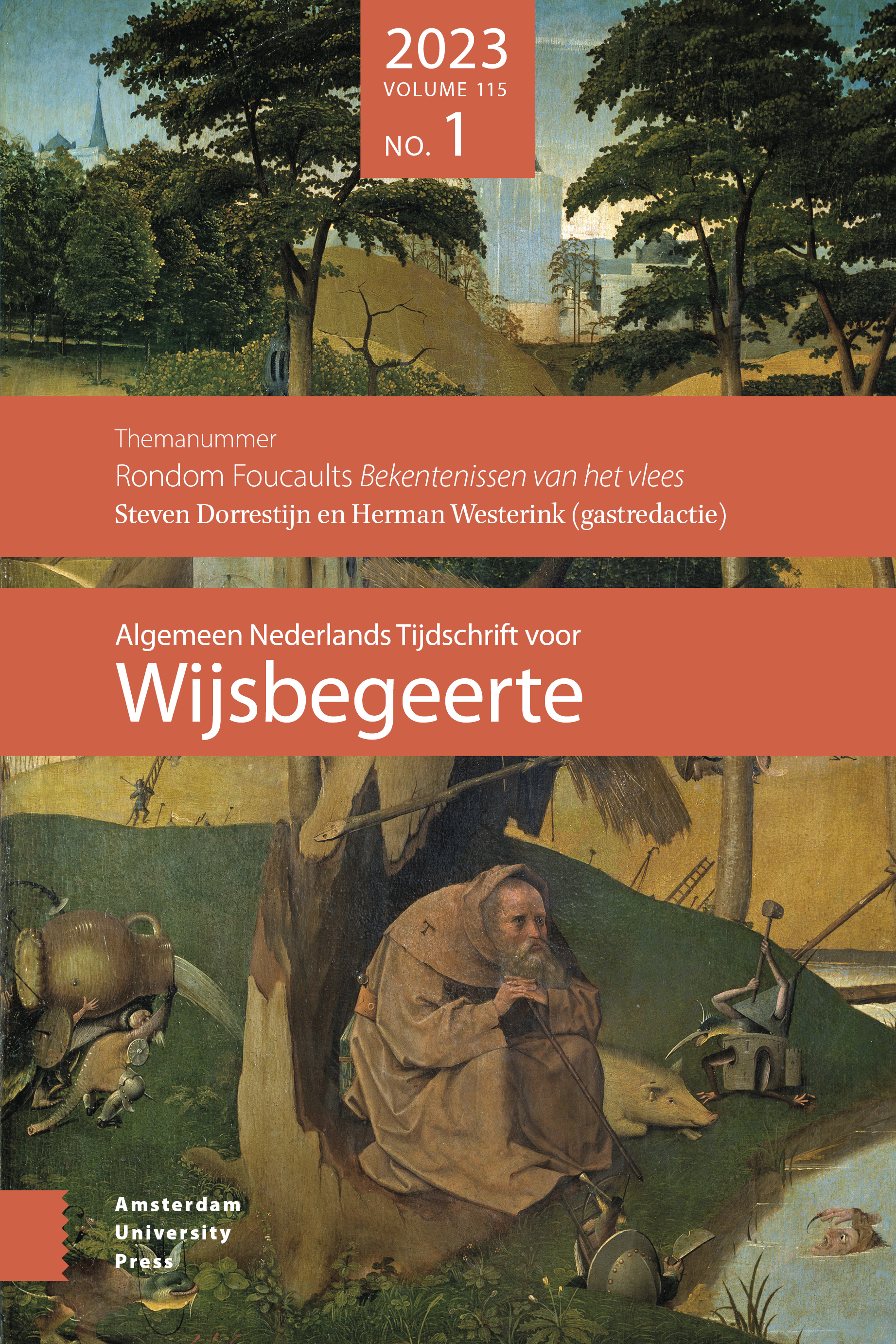-
oa Westerse filosofie en de koorddans tussen geloof en weten
- Amsterdam University Press
- Source: Algemeen Nederlands Tijdschrift voor Wijsbegeerte, Volume 113, Issue 2, Jul 2021, p. 221 - 234
-
- 01 Jul 2021
Abstract
Western philosophy and the tightrope between faith and knowledge
In Auch eine Geschichte der Philosophie (2019), Habermas develops a new view of the history of philosophy. Dating philosophy back to the axial age, he presents its history as the result of a collective learning process, spanning a period of three millennia. In this new approach he highlights the crucial importance of faith and religion which resulted in a specific constellation of belief and knowledge that, though unique to the West, has universal import, and led to greater ‘reasonable freedom (Vernüftige Freiheit). In Habermas’ view The West’s Judeo-Christian heritage was not a passing phase in the emergence of modern thought and politics, but contributed its essential core. Though sympathetic to the idea of learning processes spanning many centuries, one may ask whether reasoning and learning processes always tend to lead, as Habermas claims, in the direction of greater freedom instead of its opposite. In this respect Habermas could have learnt more from the sceptical tradition in philosophy and its persistent interest in the various ways in which reasoning processes are non-cognitively embedded in human nature and society and influence the direction these processes take.


